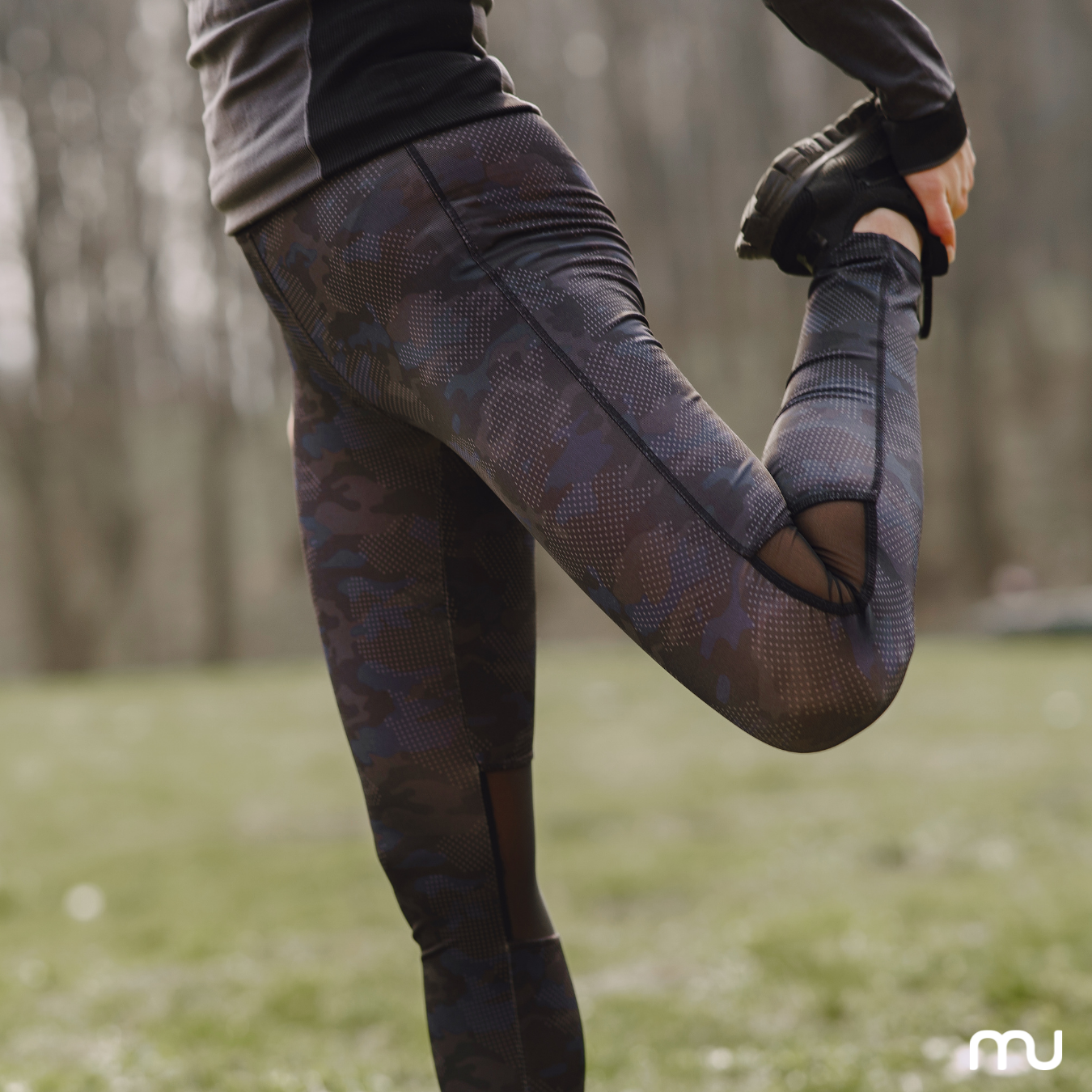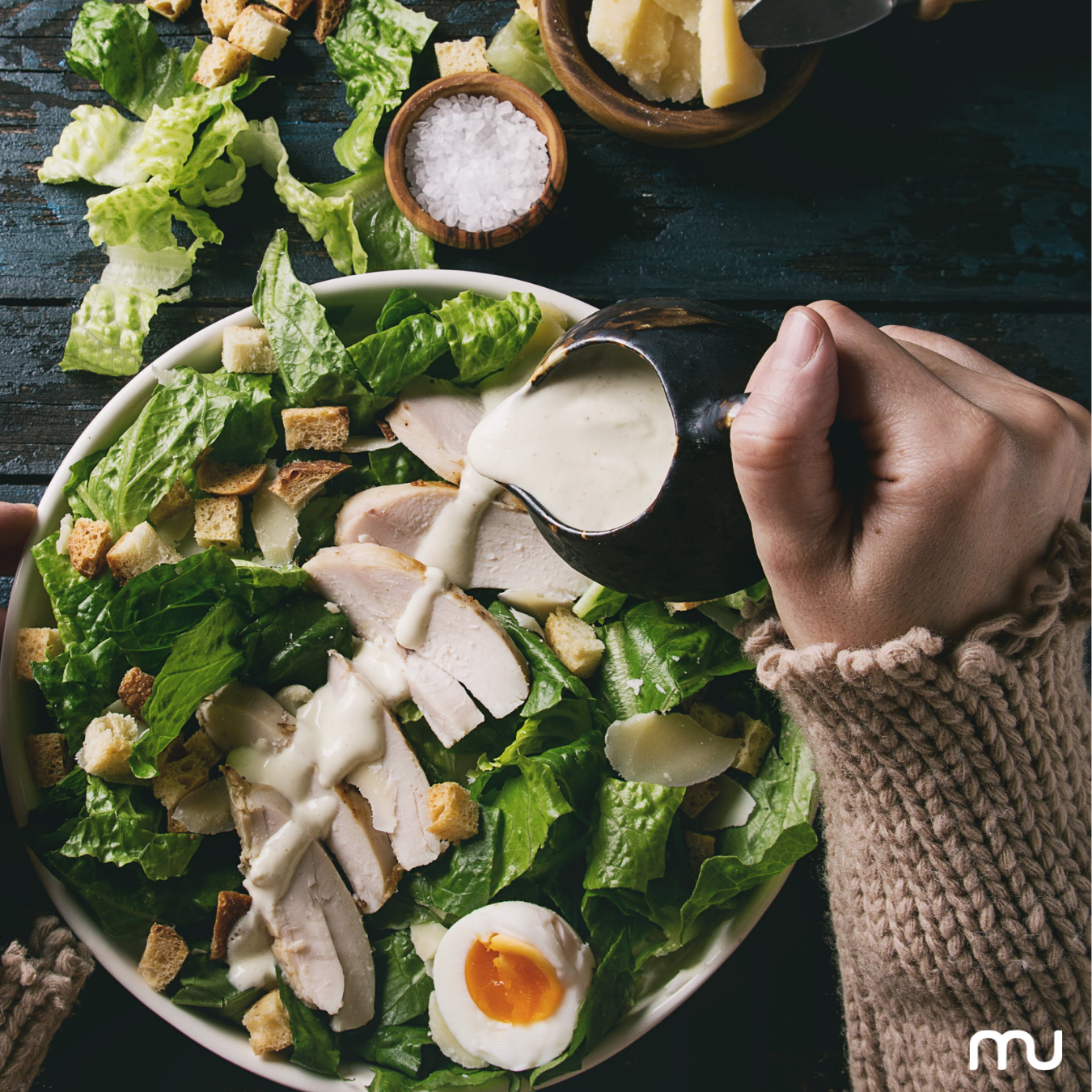The holidays are here! And so is the COLD weather (at most of our studios).
We know all too well that with the fun and excitement of the holidays comes a “general ‘overwhelm’”, and an urge to stay warm and cozy at home. More serious responses to the change in weather and the holiday season include stress, depression, and illness – namely, your common cold and the flu, but there is a plethora of culprits. The temperature can make venturing to your Manduu studio seem much less inviting, and healthy food much less appealing. Even though you know deep down that you need to keep up with your workout and wellness routine, that persistent lack of drive is hard to kick if it’s 34 degrees at 6 am, it gets dark at 4:30 pm and the air hurts your face.
This month, I wanted to bring to light some science around the importance of daily exercise and nutrition during these cold winter months – not only to stave off sickness but to keep your spirits up.
Did you know that working out in the cold can actually help to improve endurance? According to Harvard Health, the heart doesn’t have to work as hard in colder temperatures, the body sweats less and expends less energy, and therefore the body is able to work out more efficiently. Harvard Health also references studies that show that exercising in low temperatures can transform white fat (specifically belly and thigh fat) into calorie-burning brown fat.
I know all of this information is starting to sink in and slowly push you out the door – here are a few tips to get you ready for the cold!
-Layer up! Start with a synthetic, moisture-wicking material and build upon that with articles of clothing that can easily be removed and put back on. Synthetic > wool/fleece > waterproof is a good order – stay away from cotton as that absorbs moisture which will make you colder.
-Wear a hat, gloves and heavy socks (keep in mind materials mentioned above). Sunglasses can be useful if it’s especially windy or there’s some rain or flurries in the forecast.
-Wear sunscreen.
-Stay hydrated – it’s easier to become dehydrated because cold air can minimize feelings of thirst.
-Keep surfaces in mind. Watch out for black ice and wear sneakers with good traction. Light colors or reflective clothing is important when the sun goes down.
Lastly – DON’T FORGET TO STRETCH! Cold muscles, tendons and ligaments are more prone to damage and injury. In any temperature, but especially low ones, it’s very important to get the body warm with dynamic stretching rather than static stretching (dynamic = keeping the body part(s) moving during the stretch; static = keeping the body part(s) still during the stretch). Get the blood flowing and loosen up with arm circles, arm and leg swings, trunk twists, lunges, body weight squats and high knees.
Psychological Effects of Staying Active:
(Mayo Clinic)
-Release feel-good endorphins that enhance your mood and feelings of well-being
-Distraction: take your mind off negative thoughts that feed depressing and anxious feelings
-Positive coping technique: not only can exercise distract you, but it is a great way to manage depression and anxiety compared to other detrimental methods
-Gain confidence by making and meeting fitness goals, completing exercise challenges, getting in shape
-Opportunities to socialize and meet new people boosts happiness
Physical Effects of Diet & Exercise on the Immune System:
(Harvard Health)
-Researchers are constantly researching the effect of diet and exercise on the immune system
-The popular concept of “boosting” the immune system actually makes little sense scientifically because there is no way to know which cells need boosting, and by how much. That said, daily exercise that allows you to maintain an overall strong immune system and putting effort into not letting environmental factors weaken it, is the best approach.
-Living a healthy lifestyle is key to keeping your immune system strong: eating a well-balanced diet, getting adequate sleep, maintaining a healthy weight and minimizing stress are proven to keep you at your best – a key component to keeping all of these factors in check is to exercise regularly.
-Science has shown that some foods can assist the immune system and possibly prevent sickness. Such foods are anti-inflammatory, and are high in vitamins, minerals, antioxidants, phytochemicals. Incorporate the following into your daily meal plan to help keep illness at bay: raw ginger, raw garlic, ginseng and green tea, raw honey, citrus fruits, fresh berries, wild caught salmon, leafy greens, broccoli, tomatoes, yogurt, kefir, dark chocolate
-There is no scientific proof that cold exposure has any negative effect on the immune system – so, while exercising in the cold might not be the most enticing, it’s not really an excuse to skip some cardio outdoors
Merry Christmas and Happy Holidays!
-Nicole M.S. Exercise and Nutrition Sciences



